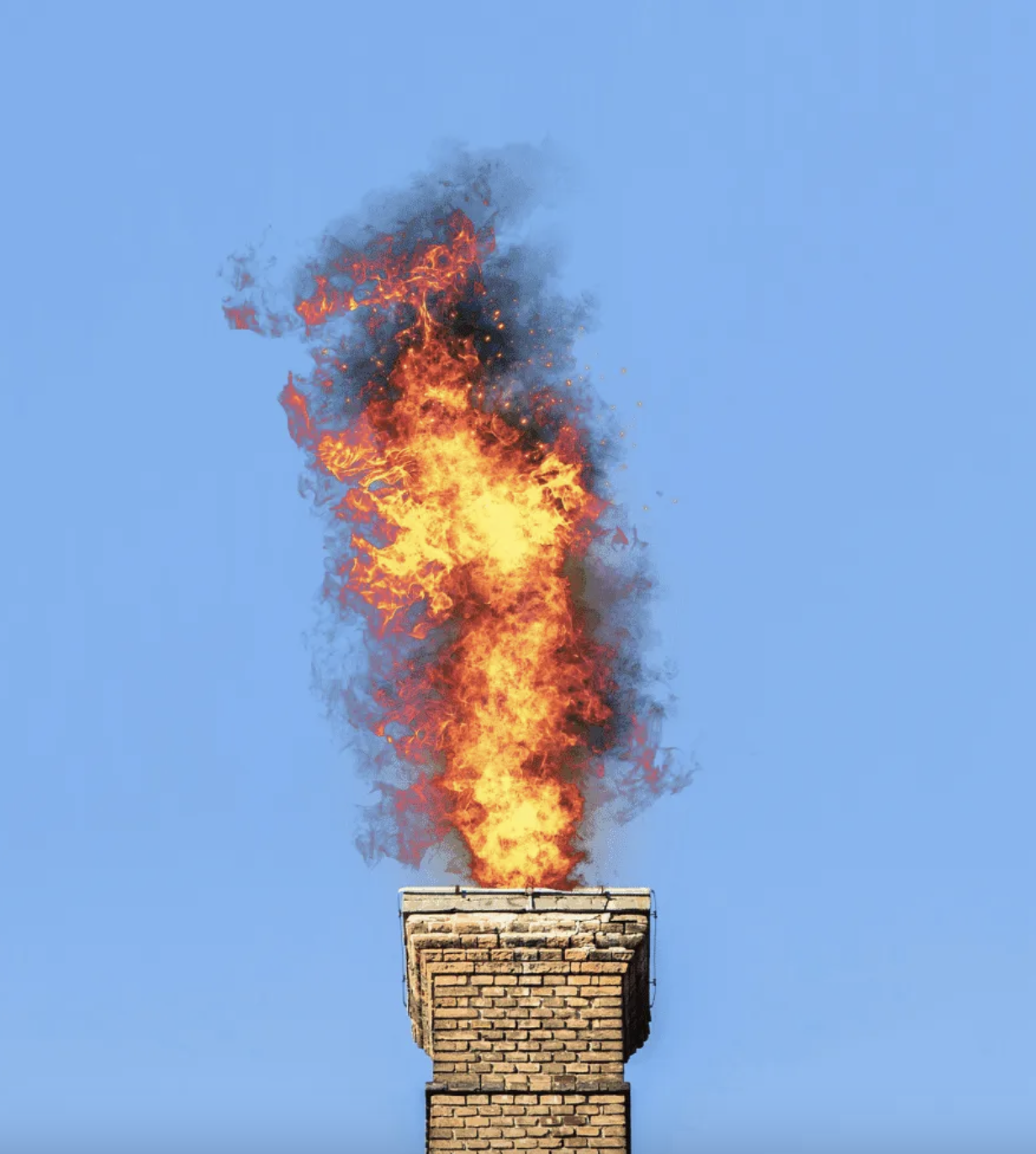Insurance Claims
Chimney Fires
A chimney fire is the ignition and rapid burning (combustion) of creosote on the chimney walls. This coating is composed of incompletly combusted gasses in the form of tar. Creosote is caused by burning damp wood, small fires, or a lack of air flow in the firebox. All three of these conditions cause heavy cool smoke that condenses on the walls of the flue (exhaust pipe). Oil heaters can also coat the walls with creosote caused by too rich a mix in the oil burner. Bottom line is these tarry accumulations burn hot and fast.
When this oil tar or creosote (wood tar) ignite, they shock the flue and the chimney with a rapid rise in temperature. Masonry and metal chimneys like gradual temperature changes. They can get really hot, just not too quickly. Rapid temperature spikes will crack terra-cotta, and surrounding masonry structures. Metal chimneys will warp and oxidize.
Swift Services is a full-service General Contracting company. We have highly qualified and experienced staff members who can write estimates on masonry and chimney damage caused by storms, lightning, fire, wind, and water. Insurance companies trust Swift because our evaluations and estimates are honest, fair, and thorough.
FAQs
-
It causes chimney failure and can catch the house on fire. Chimney fires can reach 2000 degrees F.
-
Usually, you do not, but your neighbor does. They knock on your door and excitedly tell you that your chimney looks like the business end of a rocket engine. Sometimes you can hear your chimney rumble and rattle. That is the sound of fire and rushing air. Most of the time, people are not aware because they are out of the room or out of the house.
-
First, call 911 or the local fire department. Next, cut off the air to the heating source if possible, which can mean closing glass doors, dampers, or flipping off the red switch to the oil heater (usually located at the top of the basement stairs or on the side of the heater). Once the fire department shows up, they will extinguish the fire, then determine if your walls are hot and possibly smoldering. If the fire is contained within the chimney, only little damage will be done to the home. If the chimney fire is a large one, your chimney, roof, and walls of your home could ignite. The fire chief will inform you not to use the fireplace until a qualified (Certified) chimney mechanic is notified and assesses the damage to the flue and chimney.
Chimney fires almost always destroy the chimney. In rare cases it is so small and short lived that the chimney survives. Do not get your hopes up; this is rare. Damaged chimneys are dangerous and should not be used until damages are accessed by a certified chimney mechanic.
Swift Services technicians will respond quickly and professionally to your call after a chimney fire. We will clean and video inspect the flue, documenting its condition. We will provide accurate and truthful reports that can be used for insurance claims.
Delaware: (302) 368-1880
Pennsylvania : (610) 444- 4702


